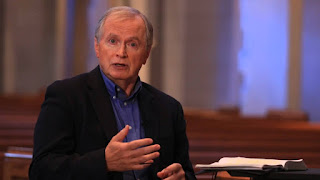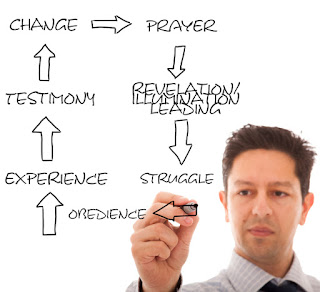Exodus 5:22 – 23 is instructive. Moses has been called by God to go to Pharaoh and demand he let Israel go to worship God. Pharaoh is not playing along. Moses is doing exactly what God asked him to do. The result is hardship on God’s people.
Moses is questioning why it is he was the lucky one that got to anger both Pharaoh and his countrymen.
There is a lot of teaching out in the Christian ether that if we obey God, things will work out. That teaching is basically correct depending on what you consider “work out” to be. If it means that you will not get resistance, things will go smoothly, you will get a promotion, a big raise, and live a peaceful existence, you will more than likely be disappointed.
Christ obeyed God perfectly. Do I need to expand on that? I will… He was resisted by the enemy and the religious leaders of the time relentlessly, to the point where they executed him. We are expected to imitate, follow Jesus. Paul did. He experienced similar treatment, as did Peter, James, John, pretty much all of the 11. Unless one redefines some key words, it is difficult to validate that obedience to the Lord in this world leads to smooth sailing.
If you have a differing perspective, I would be interested in hearing how you validate your position Biblically.
Moses is questioning why it is he was the lucky one that got to anger both Pharaoh and his countrymen.
There is a lot of teaching out in the Christian ether that if we obey God, things will work out. That teaching is basically correct depending on what you consider “work out” to be. If it means that you will not get resistance, things will go smoothly, you will get a promotion, a big raise, and live a peaceful existence, you will more than likely be disappointed.
Christ obeyed God perfectly. Do I need to expand on that? I will… He was resisted by the enemy and the religious leaders of the time relentlessly, to the point where they executed him. We are expected to imitate, follow Jesus. Paul did. He experienced similar treatment, as did Peter, James, John, pretty much all of the 11. Unless one redefines some key words, it is difficult to validate that obedience to the Lord in this world leads to smooth sailing.
If you have a differing perspective, I would be interested in hearing how you validate your position Biblically.
















